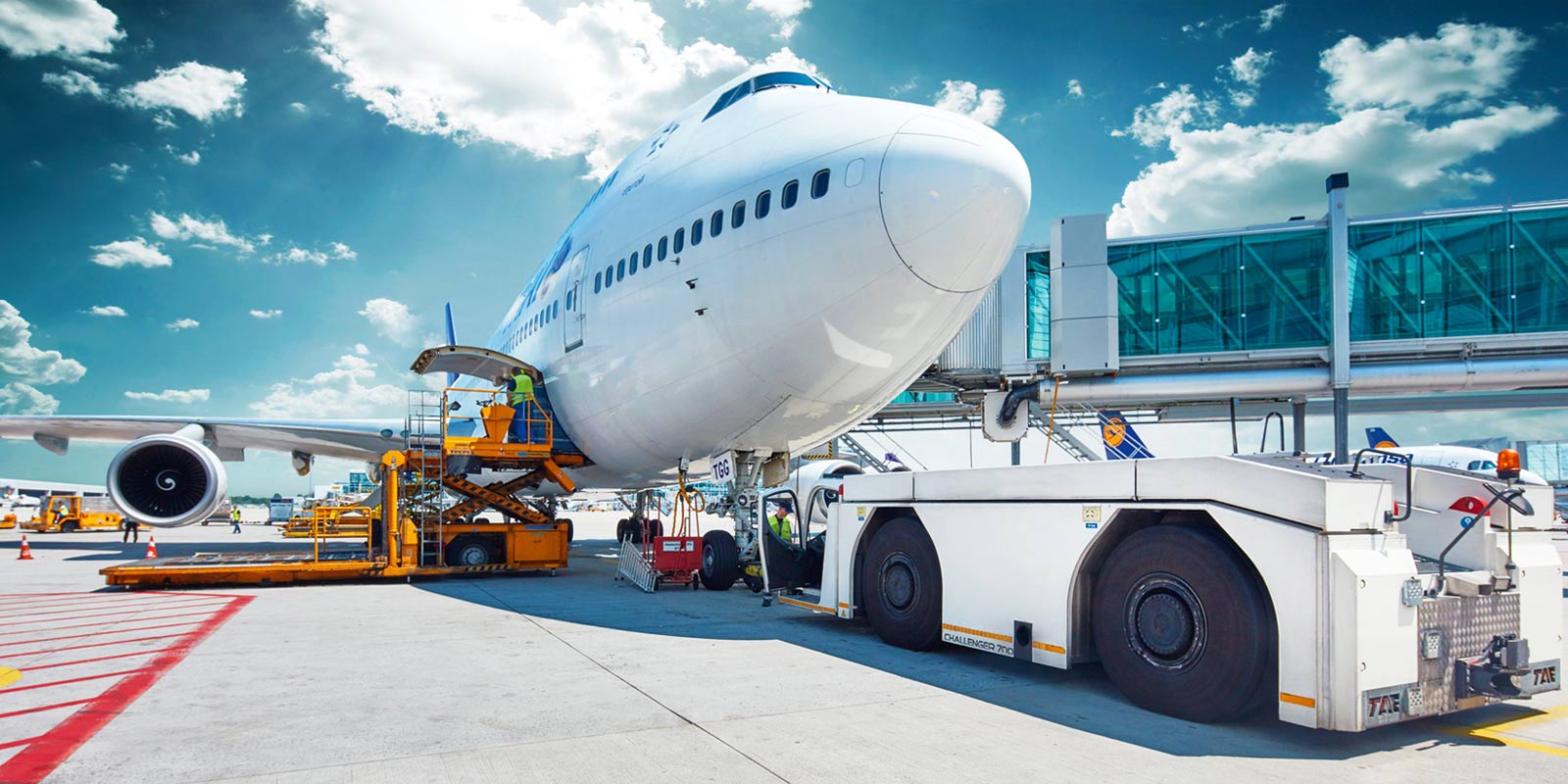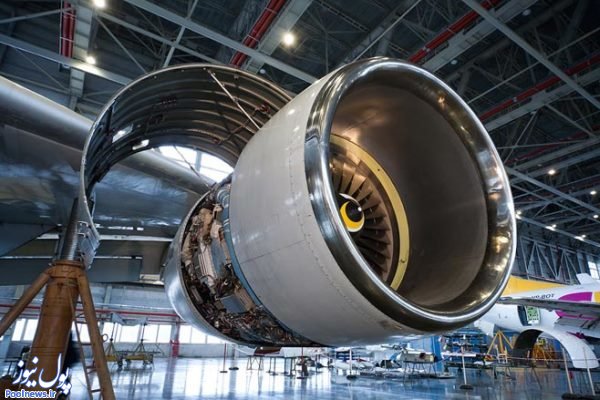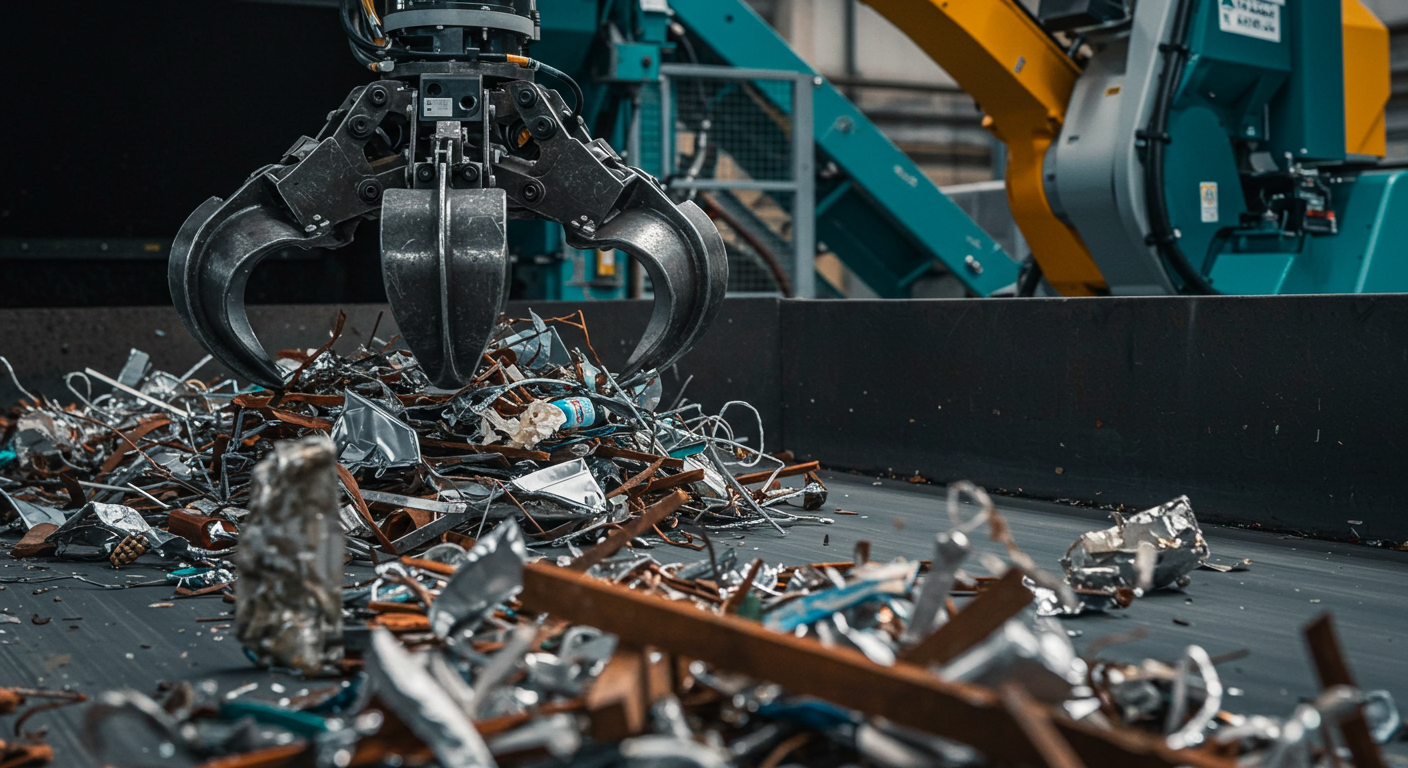
The aviation industry depends on several types of both physical components and business operations to achieve its operational objectives. The role of aircraft parts suppliers is one important factor that is frequently disregarded. Experimental professionals give aircraft the important components which help maintain its safety and operational efficiency and airworthiness throughout thousands of daily flights.
In an industry with strict tolerance levels their activities bring more than box delivery while providing both precise results and regulatory adherence to maintain continuous operations.
What Do Aircraft Parts Suppliers Really Do?
These suppliers function invisibly to forge relationships among manufacturers and airlines as well as maintenance personnel. Through their task they supply quality-tested parts which adhere to strict safety standards with additional supply of services including:
- Coordinating global shipping
- The organization manages inventory systems which decreases aircraft downtime.
- Ensuring regulatory compliance and documentation
The suppliers operate within the framework of FAA and EASA guidelines that require them to maintain complete documentation and proper certifications for all handled parts.
The Wide World of Aircraft Components
Safe aircraft operations require a wide range of components. Suppliers maintain two extremes of products ranging from everyday basic items to sophisticated modern systems.
1. Engine and Propulsion Parts
Aircraft turbines together with fuel injectors and nozzles need to operate under harsh environmental conditions to produce stable propulsion thrust.
2. Control System Components
Aircraft safety and accuracy during flights depend on components such as actuators with flaps and rudders which the pilot uses to control the aircraft.
3. Environmental and Comfort Systems
Air conditioning units, pressure regulators combined with cabin air filters work together to sustain passenger safety through a comfortable pleasant environment.
4. Routine Maintenance Consumables
The essentiality of aircraft maintenance rests in items such as filters together with oils and gaskets which contribute to aircraft operational readiness.
Quality assurance applies to every component through strict inspection procedures that use documentation trails for each step.
The Importance of Quality and Documentation
The aviation sector allows no mistakes during operations. International standards must be achieved by each part alongside documentation that demonstrates its compliance. Suppliers use:
- Non-destructive testing (e.g., ultrasonic or X-ray inspections)
- Certifications like AS9120 and ISO 9001
- Digital systems enable thorough monitoring of part background information and health status
Airport safety in flight operations remains continuous thanks to efficient monitoring procedures which provide instant recall capabilities and audit capabilities.
Evolving With the Industry
Air equipment manufacturers who supply parts need to maintain continuous involvement with new technology and environmental developments. Unstable demand conditions together with sustainability requirements make it necessary to implement advanced systems combined with eco-friendly operational approaches. Suppliers are increasingly using:
- AI-driven demand forecasting
- Digital twins for tracking real-time part performance
- Biodegradable packaging and recyclable materials
These advancements enable them to maintain high efficiency as well as participate in the aviation industry objective to minimize its ecological impact.
Final Thoughts
Aircraft parts suppliers directly ensure aircrafts can safely depart from the ground for every scheduled flight. The parts supplied by their company support worldwide airline operations together with maintenance teams and enable routine flight activities through sourcing both minor seals and major engine components. Their adaptability and quality dedication to work will be essential for the aviation industry to thrive through changes in technology and environmental requirements.





